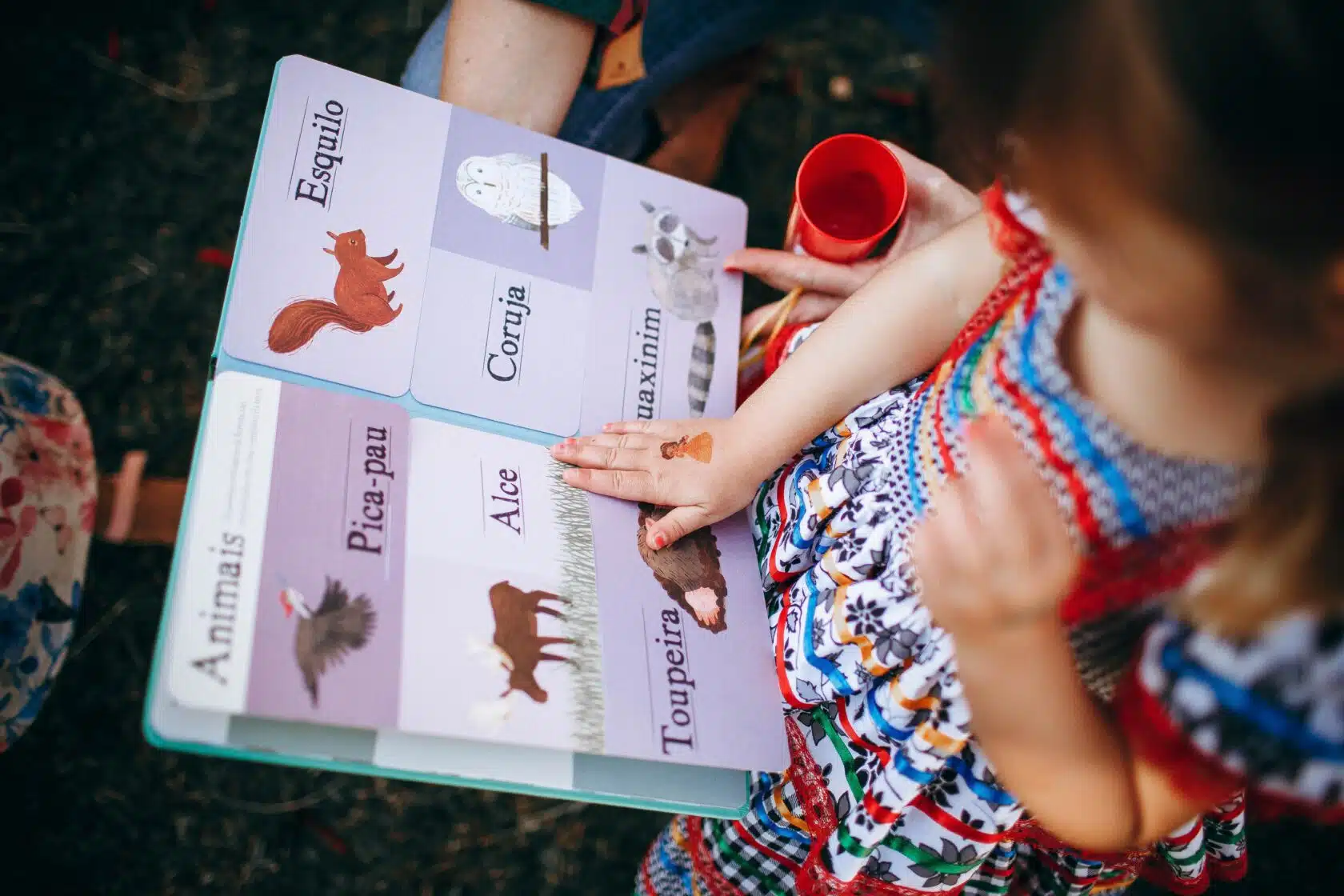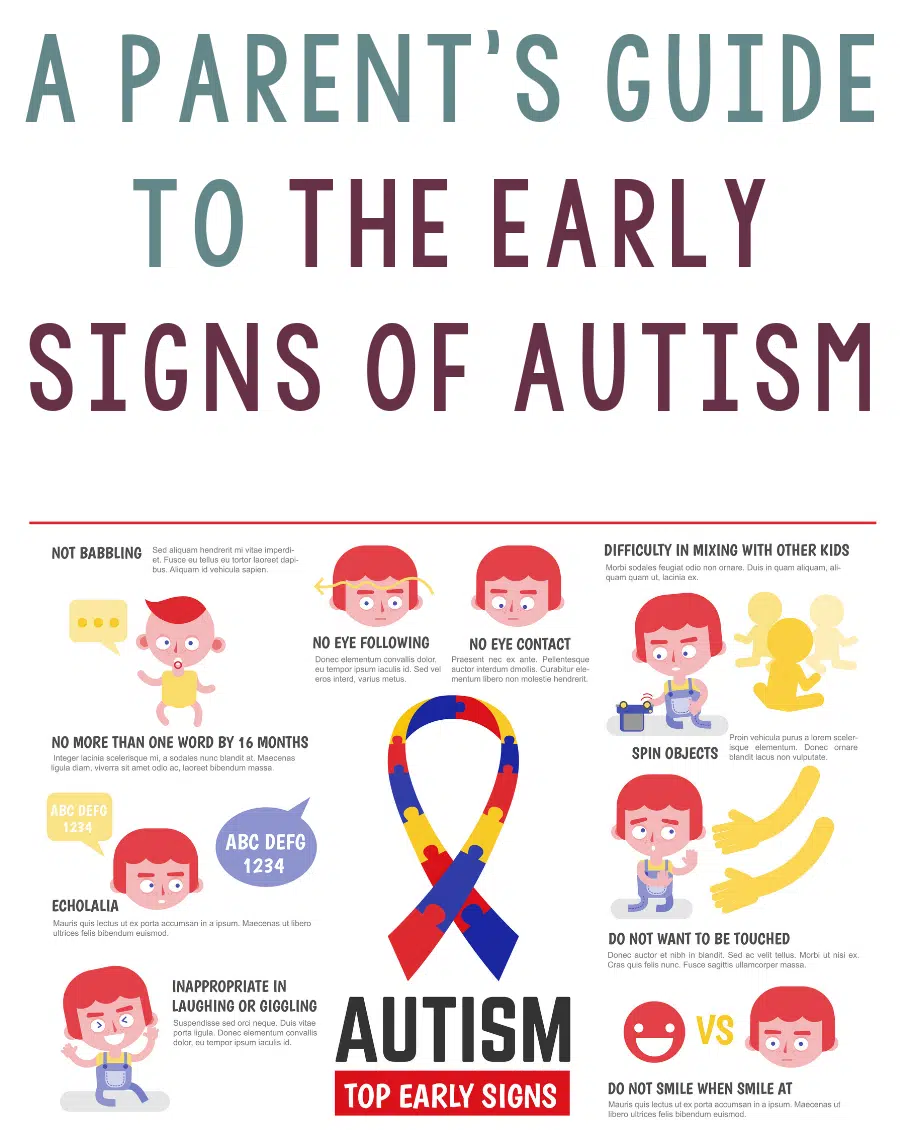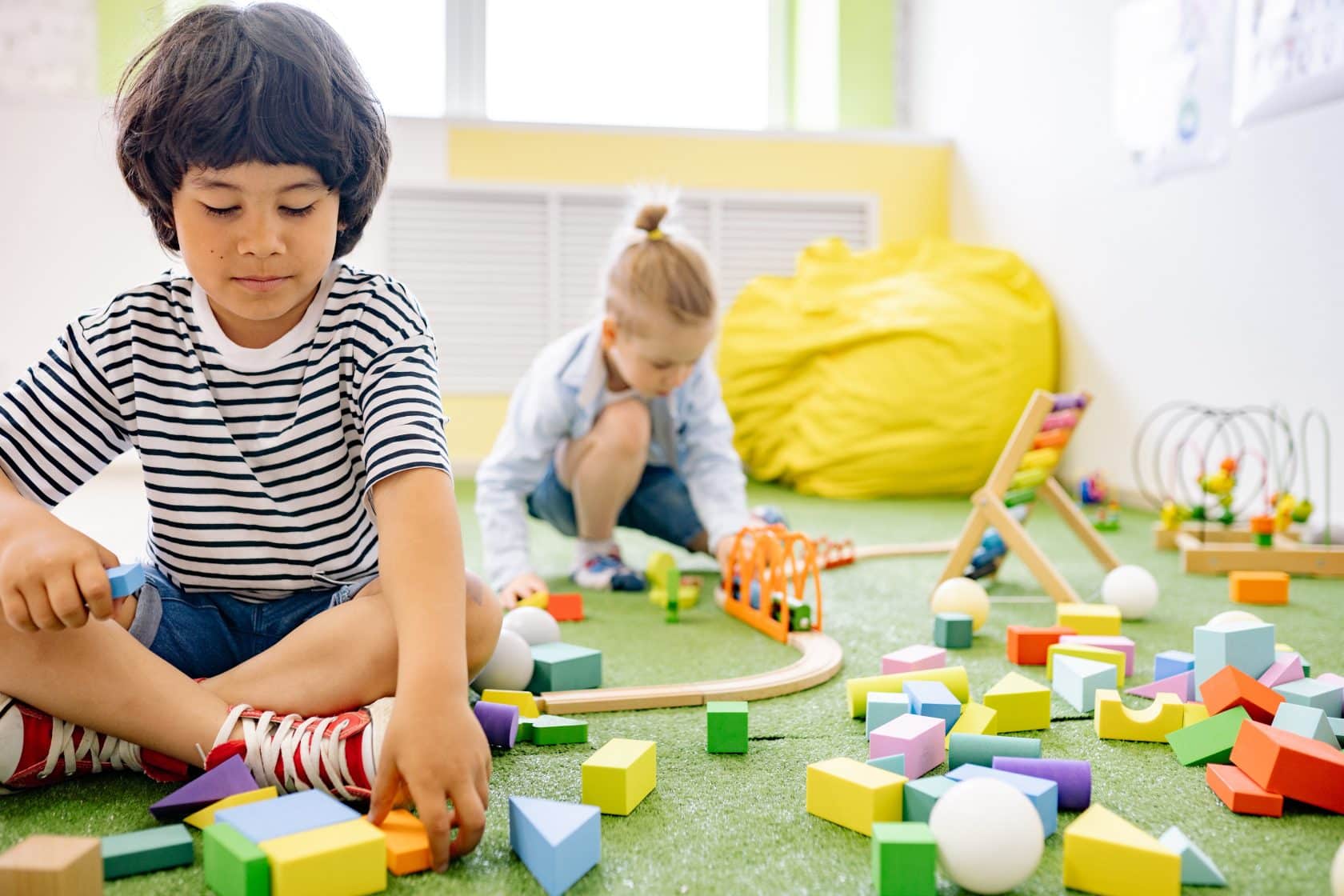Early childhood intervention is a proactive approach that helps children overcome developmental challenges. Here are some examples of early childhood intervention:
- Individualized Therapy: Specialized therapists work with children to address specific areas of concern, such as speech and language development, motor skills, or social-emotional skills.
- Special Education Programs: Tailored educational settings and curriculum cater to the unique needs of children with developmental delays or disabilities.
- Parent Education and Training: Parents receive guidance and training to enhance their understanding of their child’s needs and learn effective strategies to support their development.
- Early Intervention Services: These can include home visits, assessments, and early intervention programs offered through community organizations or government agencies.
- Collaborative Approach: Professionals from different disciplines, such as therapists, educators, and healthcare providers, collaborate to create an integrated plan for the child’s progress.
These interventions aim to provide comprehensive support to children and their families, ensuring optimal development and future success. Goally, a tablet-based product, supports early childhood intervention by providing interactive apps for kids. It helps develop life and language skills through digital visual schedules, AAC, gamified learning, and skill training videos.
This post was originally published on Feb. 2, 2023. It was updated on July 19, 2023.











